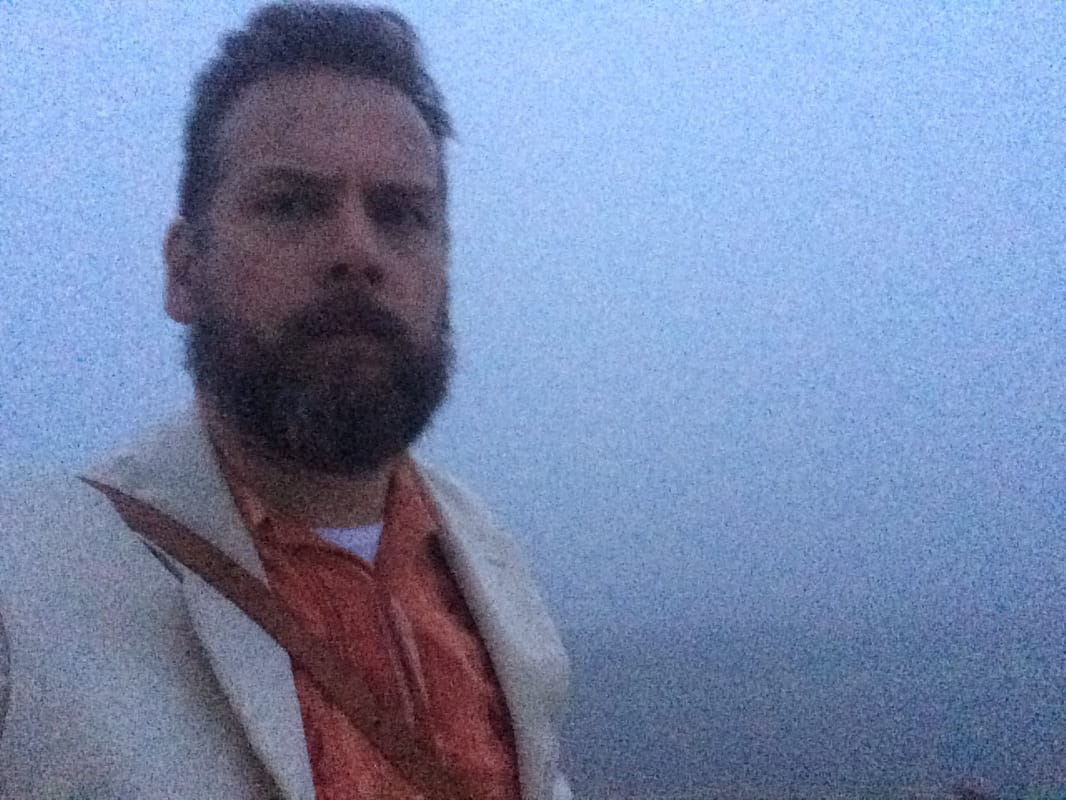|
The snake swallows its tail with Steven Spielberg's adaptation of Ernest Cline's pop culture Alternative Reality fantasy Ready Player One. The innovator who dominated popular cinema in the late 1970s and 1980s, feeding the popular imagination with iconic moments and images from Jaws to Indiana Jones, finds himself filming a fanboy's fantasy sunk in the lower levels of an almost toxic nostalgia.
1 Comment
The election of Donald Trump came as a shock to liberal Hollywood and lifelong Democrat and declared Obama supporter Steven Spielberg. His response came with another of those films which like Catch Me If You Can was put together very quickly. The Post is another in the subgroup of Spielberg movies that we can define as fineish. Not great. Not a classic. Not a patch on the film that it serves as a prequel to All the President’s Men. Just okay.
Following the high-speed adventure of Tintin and the Secret of the Unicorn, Steven Spielberg returned to the CGI motion capture uncanny valley delights with his adaptation of Roald Dahl's much loved The BFG.
Steven Spielberg has it appears two ways of approaching films. One is the passion project that takes years of dithering and gestation - Lincoln was certainly in this category - and the other is the script that comes together with the actors very quickly and Spielberg gets it under way as quickly as he can. Catch Me If You Can has that hit-the-ground-running spirit and Bridge of Spies, which was released in 2015 also feels like this.
As we approach the end of the SpielBlog, I'd be lying if I didn't say it gets a bit tough. War Horse, Tintin, Indy 4, and soon Bridge of Spies, the BFG and The Post see something of a slump in quality. But Lincoln is a masterpiece, an adult work that takes its own mission and history seriously, while at the same time maintaining an eye for the human and the humour in the details of a historical canvas.
Based on Michael Morpurgo's 1982 novel and its 2007 play adaptation, Steven Spielberg's 2011 film version was on to a loser. The book was well loved and the theater adaptation had been praised to the heavens. It was unlikely that Spielberg could create something to compete and the fact is his film is little more than a series of compelling moments tied together with a fairly ropey plot, that comes off as a live action version of Spirit.
Every time Steven Spielberg makes a movie it seems to be a passion project or a childhood dream. The Adventures of Tintin has its origins in Spielberg's life from just after Raiders of the Lost Ark was released, when Spielberg noted that French reviews kept citing Tintin as an influence.
I have to be honest. When I first saw Indiana Jones and the Kingdom of the Crystal Skull I thought it was okay. I had been prepared to hate it, and it was okay. Not terrible. Harrison Ford was likeable in the role; there was running and jumping and some of the ideas - like the mushroom cloud pictured above held a real pathos. But it is not a good film. And indeed in the context of this blog, I'd say it is Hook bad.
Steven Spielberg's weird relationship with seriousness continues with the 70s style thriller Munich - a film that never really finds its footing in the murky world of counter-terrorism.
Steven Spielberg owes a lot to aliens from outer space. His 60s mentality of awe and wonder made for the slack jawed welcome of Close Encounters of the Third Kind and the glowing heart of E.T. the Extra-Terrestrial, both were huge successes and went some way to changing attitudes towards the other. Just as aliens in the 50s had been the result of Cold War paranoia, so E.T. showed an 80s optimism. But 9/11 took us to a hot war on terror and War of the Worlds registered a retreat into the old patterns of fear and loathing.
|
AuthorJohn Bleasdale is a writer. His work has appeared in The Guardian, The Independent, Il Manifesto, as well as CineVue.Com and theStudioExec.com. He has also written a number of plays, screenplays and novels. Archives
March 2019
|
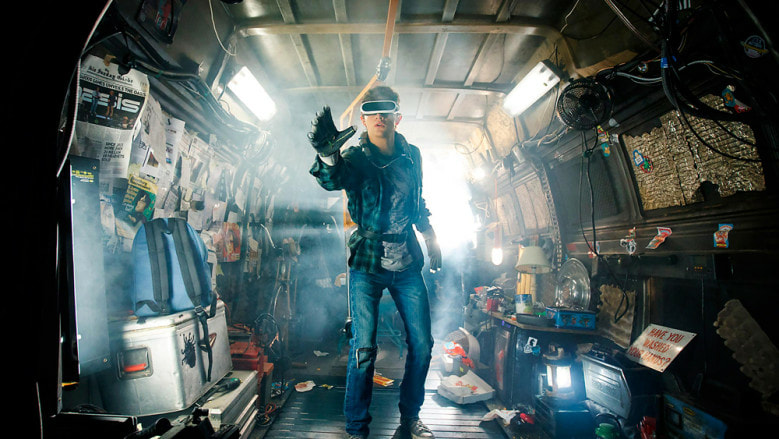
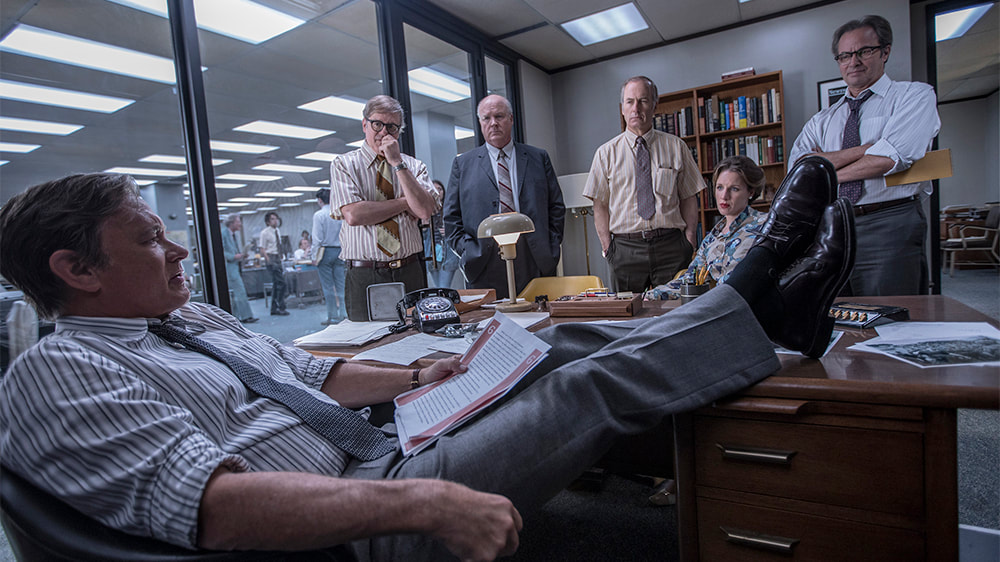
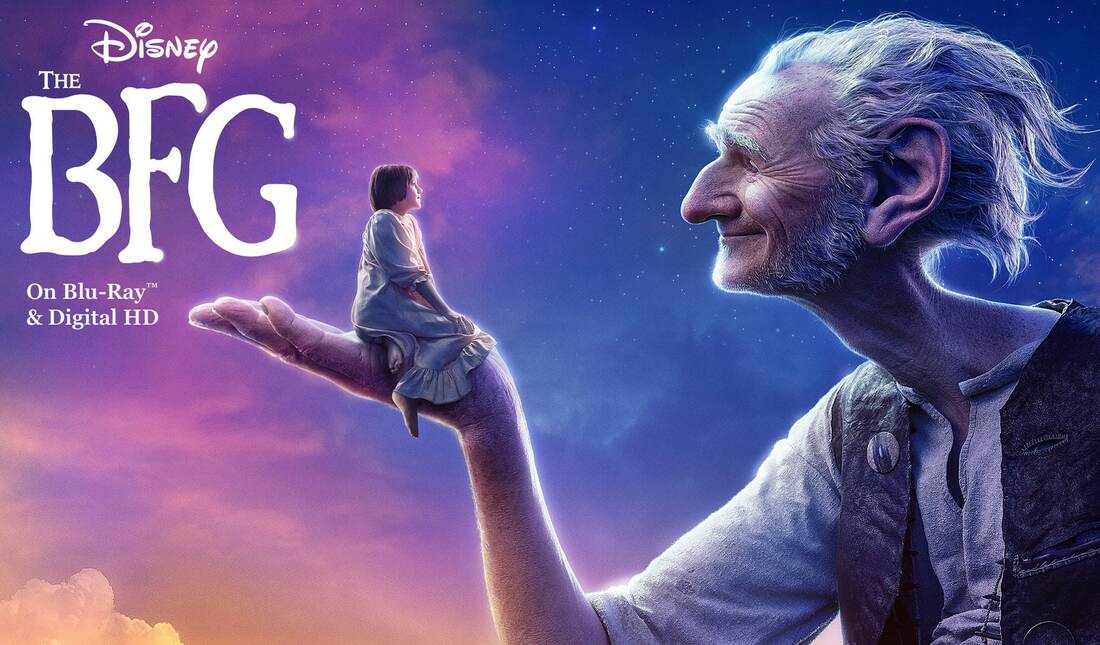
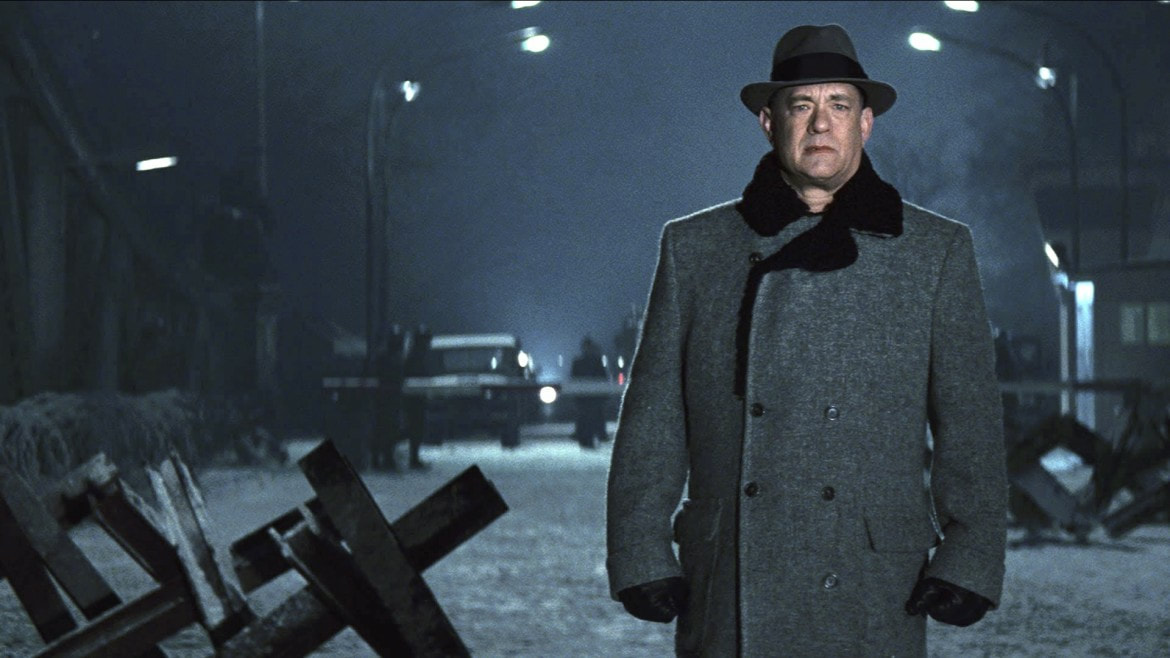
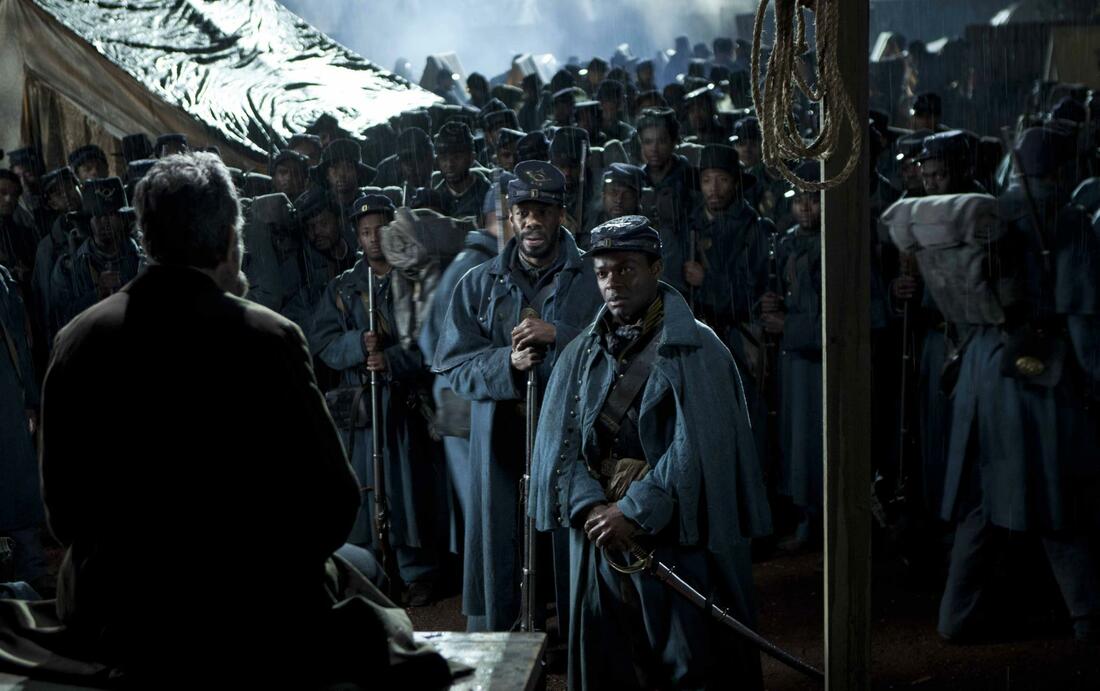
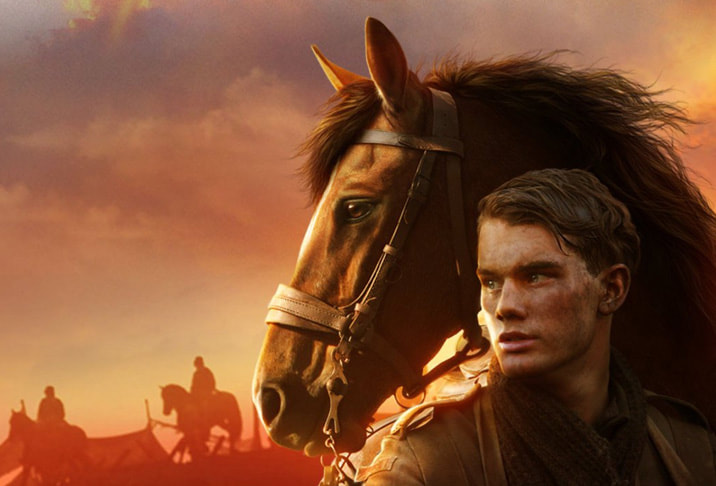
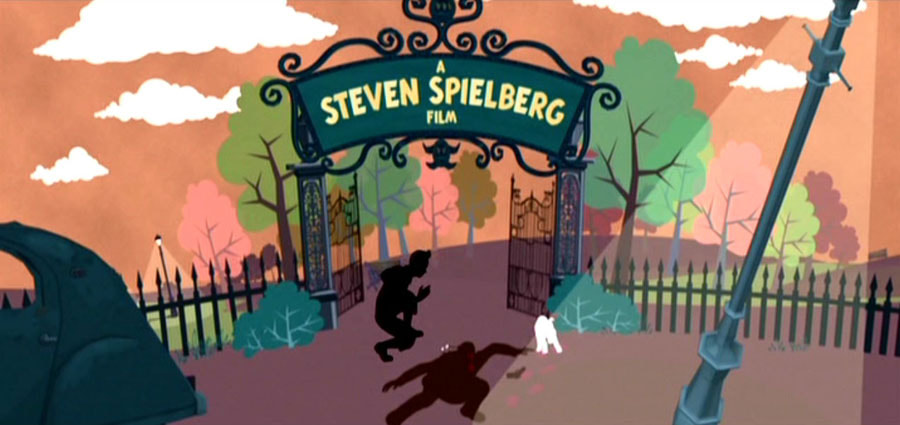
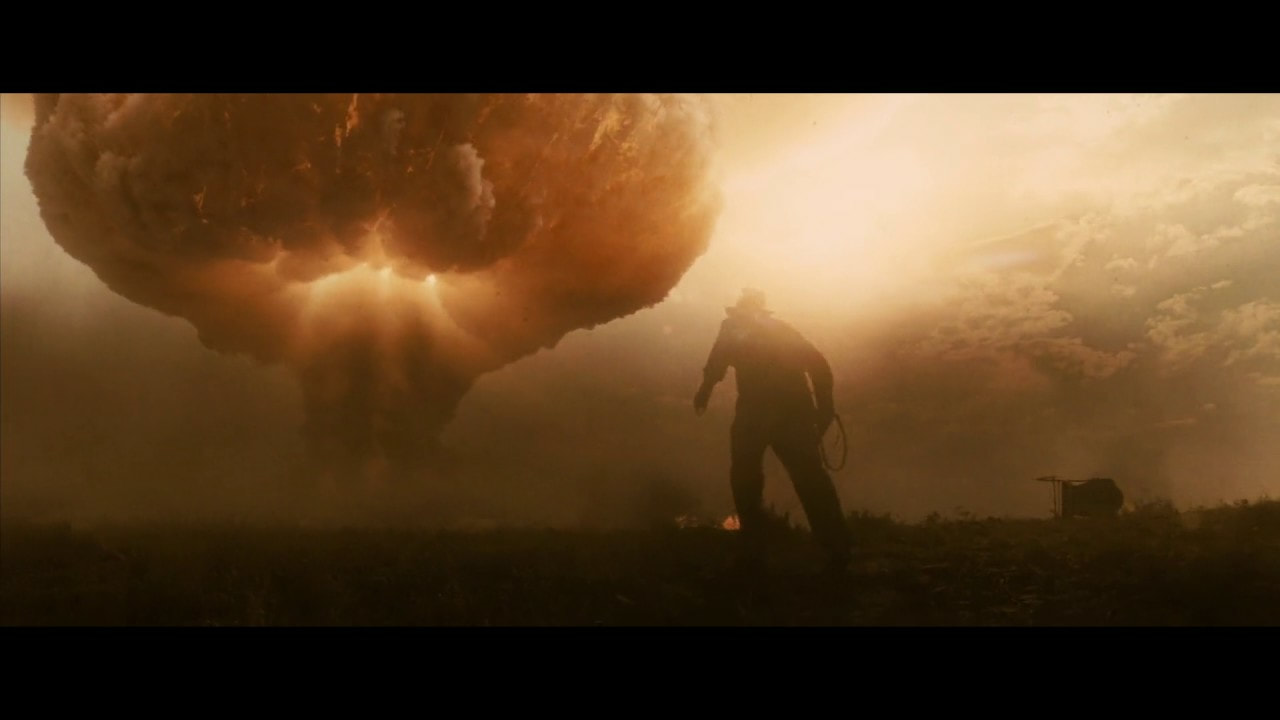
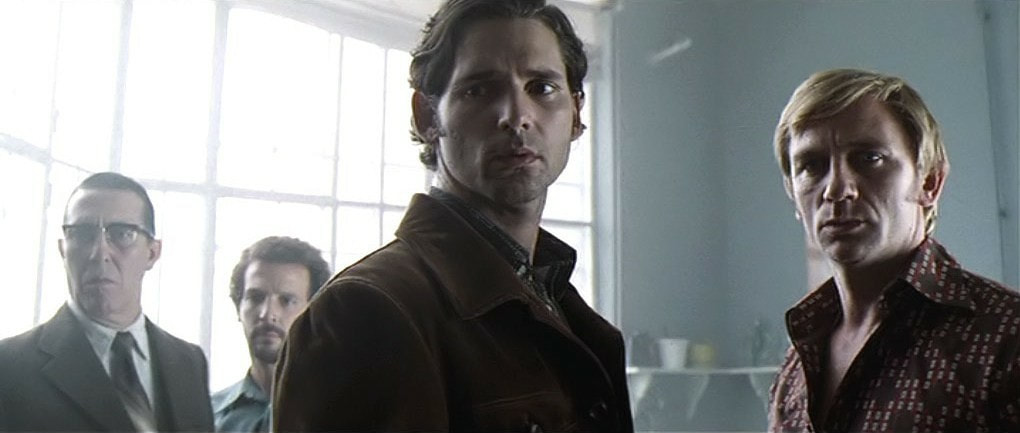
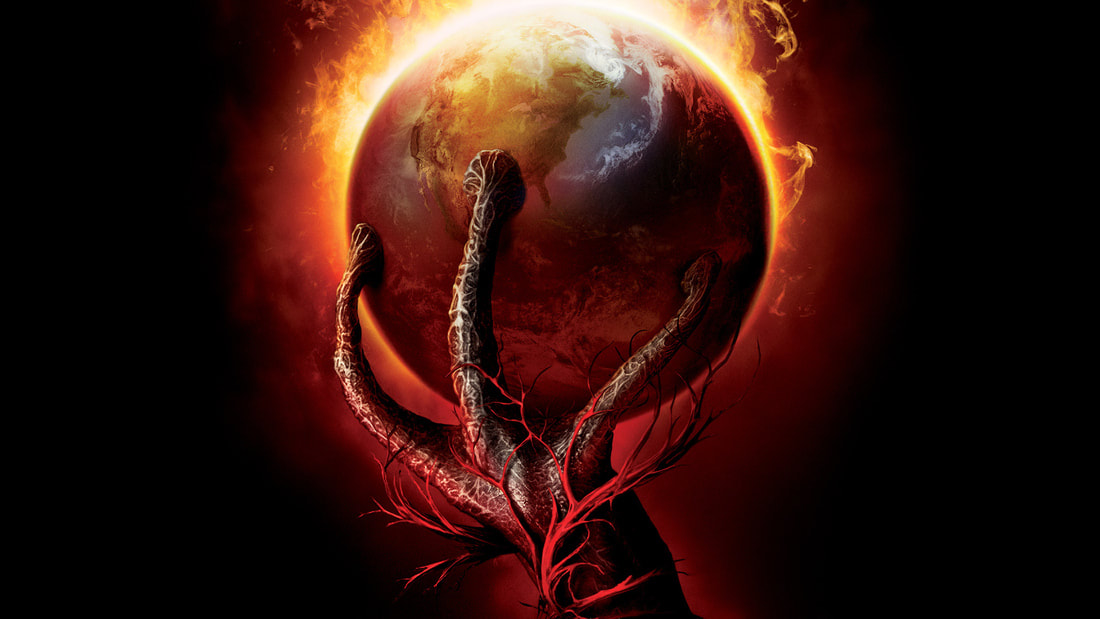
 RSS Feed
RSS Feed
